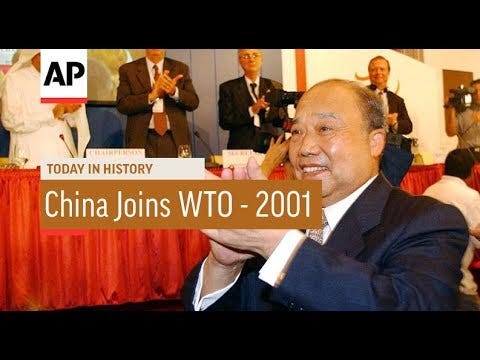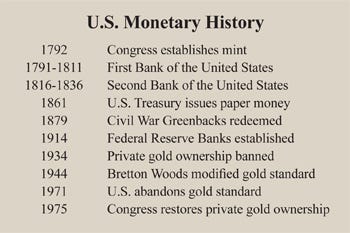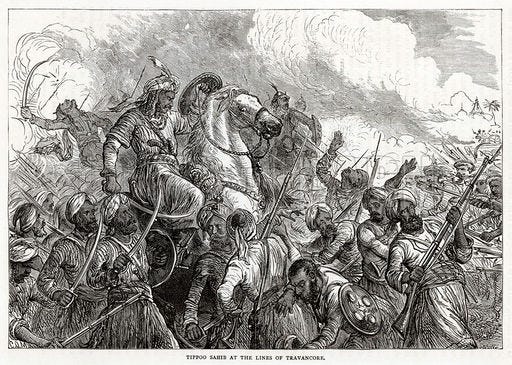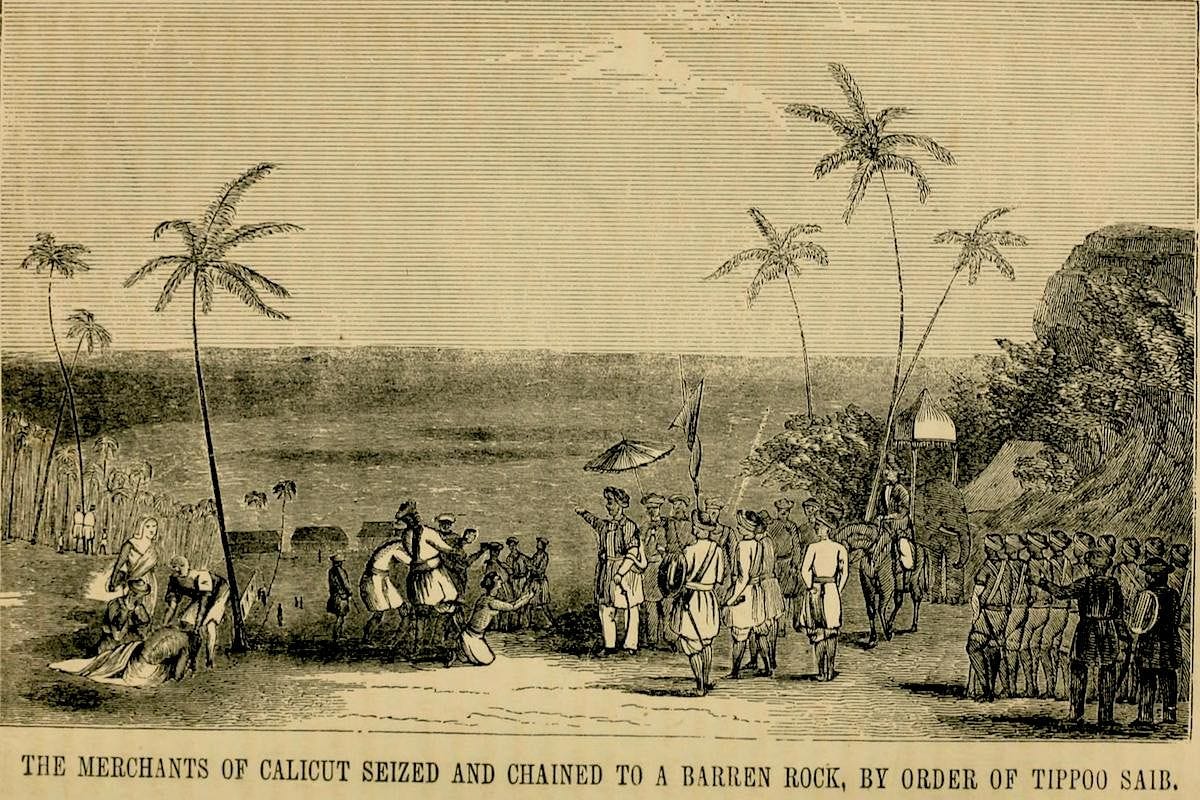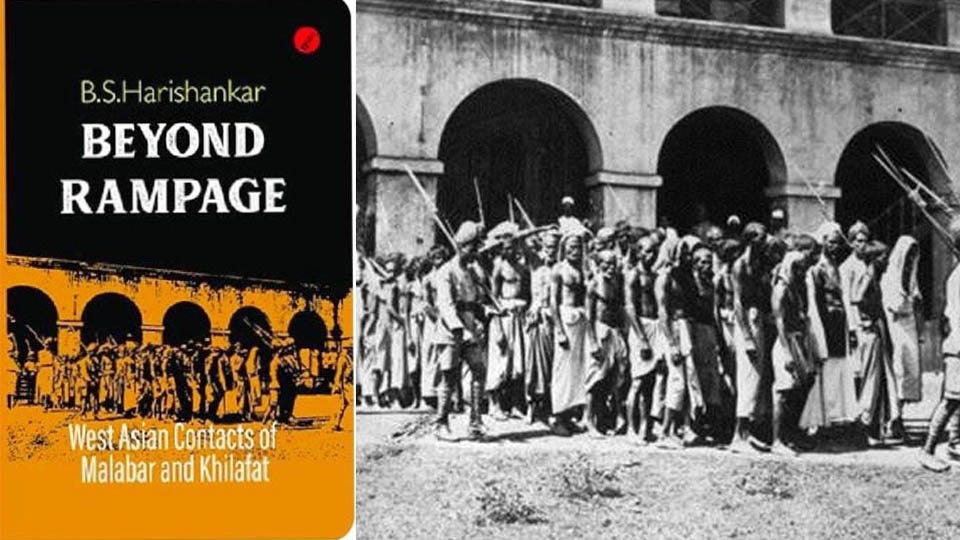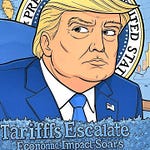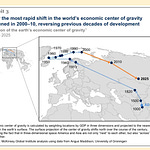A version of this essay was published by Swarajya magazine at https://swarajyamag.com/ideas/all-those-anniversaries-but-they-all-may-boil-down-to-the-powerful-screwing-the-meek
Is this a particularly momentous year? 2021 has important anniversaries, and everyone has heard about at least that of the 9/11/2001 attack on the World Trade Center in New York.
But there are other anniversaries too, and when I started looking at them, what struck me is a theme: so many of them end up with the strong taking advantage of the weak to loot or persecute the latter! That may be a coincidence, but it is intriguing.
For instance, this year marks the 100th anniversary of the Moplah Riot in Malabar, in which Muslims attacked, slaughtered, raped and forcibly converted thousands of their Hindu neighbors for no fault of theirs, but simply because Turkey had abolished its caliphate.
This year is also the 30th anniversary of India’s economic reforms, wherein then-Prime Minister PV Narasimha Rao began to dismantle the stifling dirigiste state that had condemned hundreds of millions of Indians to poverty. At least this case is positive: it marked the beginning of the end of the pauperization of India’s masses by malign forces.
This is also the 20th anniversary of China’s accession to the World Trade Organization, which event has done so much for the Chinese economy, essentially helping it become the hub of global manufacturing, although a remarkable technological innovation helped it too, and more on that later.
2021 is also the 50th anniversary of the US going off the gold standard under Richard Nixon. This led to the dollar becoming the unofficial reserve currency of the world, and that brought great economic clout, because the US could now print dollars at will, without having to hold an equivalent amount of the precious metal.
Undoubtedly there are other anniversaries I am unaware of, but let’s just go with these. What is intriguing is the connections between them.
On the anniversary of 9/11, we saw Biden’s debacle in Afghanistan. The question is why it took the US twenty long years to discover that they were in a no-win situation and that they were being led by the nose by Pakistan into things that were not in their interest.
It was evident to observers that things were going wrong as early as the 2001 November siege of Kunduz. I wrote at the time What happened in Kunduz | Rediff.com that the US allowing Pakistan to airlift its soldiers to safety (quite a few brigadiers etc were masquerading as Taliban) was an unfathomable act. But the US Deep State apparently had other ideas. Even when the CIA station chief was blown up Khost massacre: A point of inflexion in Obama’s War | Rediff.com in 2009, and bin Laden captured in 2011, the Deep State maintained its steadfast romance with the ISI.
Why? There are many possible reasons. One is that it was hubris leading to stupidity. Second, the $2-$3 trillion dollars spent was a windfall for the military industrial complex, so why would they stop the gravy train?
Chances are that it was hubris and stupidity in play. The Deep State simply couldn’t imagine a situation in which the US was no longer the only game in town. They were sticking with an old playbook that had outlived its usefulness, wherein American money and overwhelming military power could solve all problems, but that world is long gone. If it ever existed.
What they didn’t realize was that China’s accession to the WTO, and its insidious and steady deindustrialization of the US, had created a situation where it is essentially impossible to go back to a status quo ante where, as in the dialog from Top Gun, it was only “rubber dog-shit from Hong Kong” that America needed to import, nothing of consequence.
This is where the retreat from the gold standard becomes relevant. By printing dollars by the boatload, the US has now become the world’s biggest debtor, as Chinese savings flowed in and allowed the US to live beyond its means, by selling $3 trillion in treasury securities to the Chinese.
That makes China and the US co-dependent in an uncomfortable way. If the Chinese were to dump US treasuries, the dollar would fall, and the value of their investments would collapse as well. On the other hand, if the US were to confiscate Chinese assets (as they have done to Afghan assets), they would have a war on their hands. Stalemate!
But that’s not all. The dollar was a powerful weapon in the hands of US elites, especially their investment bankers, a few years ago. They were able to fend off the Japanese challenge in the 1980s via the magic of the Plaza Accord of 1985, which caused the dollar to depreciate, and eventually forced the Japanese economy into its lost decades of malaise.
Unfortunately, that weapon is no longer available, because the investment bankers are now China’s best friends in the US China Has One Powerful Friend Left in the U.S.: Wall Street - WSJ. This is partly because investment banks have invested a lot there; they are not particularly tied to geography, and their clients, the big corporates, are also vested there. These clients are finding it difficult to extricate themselves from China, even if you assume that they wish to do so.
There is one other aspect of the supply chain vassaldom that the US is facing now: the role of the humble shipping container. The standardization of the 20 foot or 40 foot container and the concomitant dramatic fall in the cost and elapsed time for trans-Pacific shipping were the initial impetus for the migration of manufacturing to then low-cost Asia.
There was also a remarkable unintended consequence of the Vietnam war. The US Navy containerized early, according to a fascinating podcast titled Thinking inside the box—the story of the shipping container | The Economist. They were sending so many containers to the war front, it made no sense to return them empty, and so they started picking up shiploads of electronics goods from Japan, and that’s how the shift to importing manufactured goods from Asia began.
It’s too soon to tell what the unintended consequences of the Afghan war will be. There is indeed the possibility that it will be China’s Waterloo, as it was for the Soviets and the Americans. It may well lead to the collapse of the Chinese empire, a desirable outcome.
Let us now revisit the question of the Deep State benefiting from the Afghan war (at the expense of the US taxpayer). It was clearly a transfer of wealth from the public purse to private interests. There are other examples of extortion subtly presented as something noble, or at least something in which a player was helpless. An excellent recent example is the 1973 oil price shock. OPEC suddenly tripled oil prices, and it was extortionate, because all economies had become addicted to cheap oil.
Thus it was impossible for most nations to reduce their oil consumption overnight, however much they tightened the belt. The result was a dramatic transfer of wealth from sovereign nations to OPEC’s coffers. Of course, rich countries including the US were affected, but they could afford it. The real burden fell on poor, emerging nations, and what they should have been spending on their people was instead transferred to OPEC.
That was grand theft. Immoral too, as it literally took food from the mouths of the starving.
But there was an interesting twist. Much of the money that OPEC grabbed from all of us ended up in the US by dint of massive arms purchases by Saudi Arabia et al. The Deep State won. The US had enough clout and enough weapons that they could probably have forced OPEC to reduce the price shock, but they didn’t. OPEC looked like nasty, mean, inhumane monsters, but the US looked like a victim, too.
The US thus neatly covered up its role in the crime.
There is another fascinating example of clever extortion, this time from India, in the case of Tipu Sultan’s attacks on Malabar in the 1780s, which were a combined religious war and a war for loot. He captured the Samoothiri’s kingdom of Kozhikode, and principalities such as Valluvanad, Ernad, and parts of Kochi. Until Travancore repulsed him in 1790 at its Nedumkotta fortification with the aid of a ‘river bomb’, he was successful in both his goals.
Tipu was clear that temples were his target, along with religious conversion. He knew that, enriched by over two millennia of the spice trade, Kerala’s temples were storehouses of wealth -- and the reason is that temples were the centers of social activity, disaster relief, public works and culture, and so people donated generously to them.
The British were also keenly aware of this, and so they devised a diabolical plan. They would allow, or even secretly encourage, Tipu to prosecute his jihad on Kerala. And once he had hauled all the wealth to Srirangapatnam, they would attack, and take all the loot in one go. Very efficient, and they would get none of the blame of desecrating temples, but be lionized as the saviors of southern India.
And that is exactly what they did.
In fact, it was worse. The Brits were allegedly treaty allies of Travancore, but stood by and did nothing when Tipu attacked; but they charged Travancore the entire cost of the Third Anglo-Mysore war, on the theory that their attack on Srirangapatnam forced Tipu to retreat.
This paupered Travancore, and a powerful British Resident was installed, who dictated policy. One of the policies forced upon the kingdom was the commingling of temple properties and State properties, which in effect made most smaller temples unviable; furthermore, one Munro, a Resident, forced the reigning Queen to donate Rs. 10,000 to the church in 1819, a huge fortune then, which led to massive conversion drives. Within 100 years, according to the Travancore Manual, Christians went from 6% to 33% in the kingdom.
But the newspapers then and historians now give full marks to the Brits for their compassion and wisdom; meanwhile they enjoy their ill-gotten gains.
Tipu destroyed and desecrated scores of temples big and small, and converted thousands at the point of the sword. That is how there is a large Muslim population in Malabar. And it was these local Muslims who went on a jihad in 1921 on the flimsy excuse of the ban on the caliphate in distant Turkey.
The story put about by communists is that this was either a) a ‘peasant revolt’ against rich Hindu landlords, or b) a ‘freedom struggle’ against the British. We can easily eliminate (b) because not a single Briton was attacked, but thousands of Hindus were. As for (a), it turns out that the vast majority of those killed, converted, raped etc. were lower-caste Hindu agricultural laborers and so that explanation is also a little wanting.
In a new book, Beyond Rampage: West Asian Contacts of Malabar and the Khilafat, Dr Hari Shankar, an archaeologist and scholar, argues that the riot was instigated by wealthy Muslim traders looking to expand their monopoly over the sea-borne timber trade to the Middle East and Turkey from the Nilambur forests, where the lands were owned by the temples. This is an intriguing hypothesis: and once again economics may explain hidden motives.
There is yet another anniversary that is not spoken of very much: Brahma Chellaney pointed out that September 19th is the 61st anniversary of the unbelievably one-sided Indus Water Treaty. Said he on Twitter:
Thus the various anniversaries we have seen this year may be connected in subtle ways. Going forward, we may also see in the new AUKUS pact the genesis of a new white Anglosphere alliance, with the Quad being downgraded, and non-white, non-Anglo partners such as India, Japan and Indonesia being dumped by the West. And the EU as well, as France indicated with its furious reaction.
Twenty years later, we might look back on 2021 as the time the West retreated into an atavistic shell. Alternatively, perhaps we will see it as the beginning of the dissolution of the Chinese empire, and its retreat back into its Han homeland on the eastern coast. It is too soon to tell now. But I do suspect 2021 will turn out to be the year of living dangerously.
2000 words, Sept 21, 2021. Updated Sept 28, 2021.



